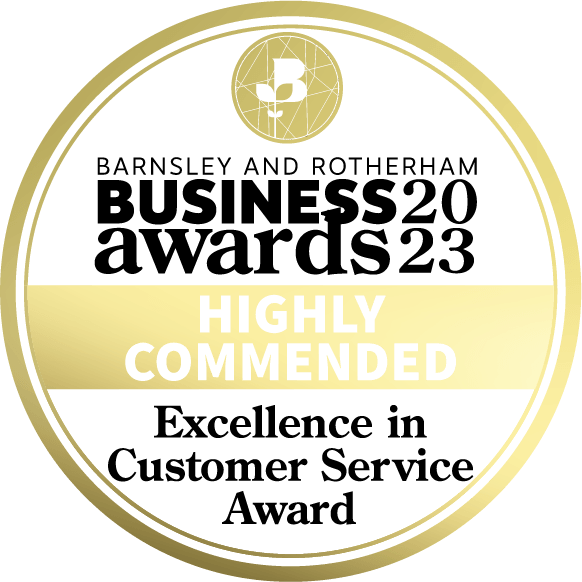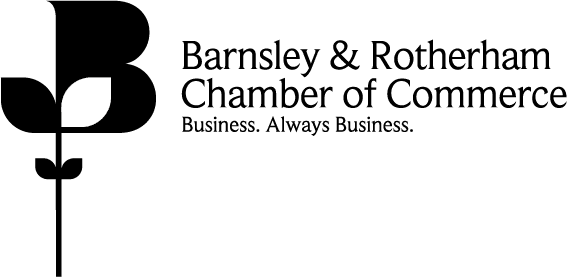E-E-A-T – Experience, Expertise, Authoritativeness and Trustworthiness – In website copy
Have you heard of E-E-A-T in the context of website copy?
In my experience, as an SEO website copywriter, not all that many people have.
But including E-E-A-T in your website copy and content is essential.
Know, Like and Trust
Most people have heard of ‘know, like, and trust’.
It’s talked about extensively in branding, marketing, and networking.
Because people tend to do business with people they know, like, and trust.
It is, therefore, really important to build relationships with others and for your brand and marketing to continue to this for you when you’re not there in person.
Your website is your ultimate marketing tool
Websites are a huge investment for any business, whether you are a freelancer or a large corporation.
In an ideal world, your website should be generating new leads for your business and, perhaps, even taking those leads through a marketing and sales journey automatically (if and where appropriate).
.
Brochure websites
Brochure websites were all the rage a few years ago.
Each page was written to say how wonderful the company was but they didn’t give an real information.
Google turned these websites on their heads in September 2022 when it changed its on-page SEO requirements.
Your website now has to be focused on the reader.
People occasionally tell me they’re not interested in SEO… their website is just to show that they’re a genuine business.
And, in one way, I can see their way of thinking.
However, people are not as used to landing on a website which is just singing the owning company’s praises anymore.
People want information.
They want to educate themselves on your product or service, and often the price, before they buy.
So, if your website doesn’t give them the information they need… the chances are they’ll just move on to a competitor’s who’s does!
Google’s ‘People-First Approach’
As I mentioned above, Google want your website copy and content to be about the reader. They call this a ‘people-first approach’.
They pose the following questions to you:
- Do you have an existing or intended audience for your business or site that would find your content useful if they came directly to you?
- Does your content clearly demonstrate first-hand expertise and a depth of knowledge?
- Does your site have a primary purpose or focus?
- After reading your content, will someone leave feeling they’ve learned enough about a topic to help achieve their goal?
- Will someone reading your content leave feeling like they’ve had a satisfying experience?
If you can answer yes to these then you are using a people-first approach.
Keywords and E-E-A-T
I go on about primary and secondary keywords all the time. So, I’m not going to go into too much detail here.
I will just confirm that each page of your website must have a primary keyword which is unique, on your site, to that page.
That primary keyword needs to be used in particular places – such as the title and at least one sub-heading – on the page, and at a certain density (approx. 2-4% of the word count).
But your keywords don’t show E-E-A-T – experience, expertise, authority, and trustworthiness.
AI’s failing
Many people are being tempted to write website copy and content through the many Ai writing tools which are flooding into the marketplace.
Whilst these might save people a great deal of time, the information created is generic and could well be inaccurate.
It could be well written, it could also contain keywords… but, trust me on this, people can tell when something has been AI generated.
It’s got no personality.
It’s too bland.
It’s too perfectly phrased.
It can’t show your E-E-A-T – experience, expertise, authority, or trustworthiness!
And, even if you fed your qualifications and some other details into the AI tool, it still wouldn’t sound like you.
The importance of consistency of copy and content style
Here’s a perfect example of consistency and how AI can negatively affect it.
I have a friend who runs their own business.
They send emails out on a fairly regular basis.
Often, they have an odd typo or spelling mistake in them – and the grammar may not be spot on.
I like these emails because they are representative of my friend – they sound just like they would speak.
Then one arrived which was perfectly written and didn’t sound like them at all.
It was AI generated.
A few emails later, another caught my eye for its style…
The content was exactly like my friend would talk about… but it was perfectly written.
The phrasing wasn’t theirs.
There were no mistakes.
It was just too perfect.
They had drafted the email quickly and then run it through an AI tool to ‘make it read its best’ … but it didn’t. It didn’t sound authentic.
Getting E-E-A-T into your website copy and content
A fantastic page to demonstrate E-E-A-T is your About page.
Here you can tell your story, detailing your experience, your qualifications, your memberships, and accreditations. You can talk about what type of clients you work with and provide the all important social proof (testimonials and reviews), amongst lots of other things.
Your About page should be full on E-E-A-T!
But other pages too can include elements of all of those things… just more interspersed amongst the other information.
Remember, we’re no longer singing our own praises – like those old brochure websites – we’re demonstrating E-E-A-T in other ways.
E-E-A-T in summary
To demonstrate E-E-A-T, use your customers words. Use results you’ve achieved for your customer. Tell people how many of a particular item you’ve sold. Give your experienced take on a subject.
Once you get into the right mindset when thinking about your website copy and content and including E-E-A-T, it really isn’t that difficult to include. But, as always, if you want to know more or I can help in any other way, please just let me know. And if you want to know more from Google, here’s a link to their Search Quality Rater Guidelines.

The author
Claire Taylor Foster is the founder of Raspberry Flamingo Copywriting and Content Marketing.
She started her copywriting and marketing after leaving school way too long ago to mention! Direct Response Copy is her passion.
As far as Claire’s concerned, if copy and content doesn’t contain ‘on-page’ SEO, then it’s pointless publishing it! (Unless of course, paid advertising is going to drive the traffic.)




